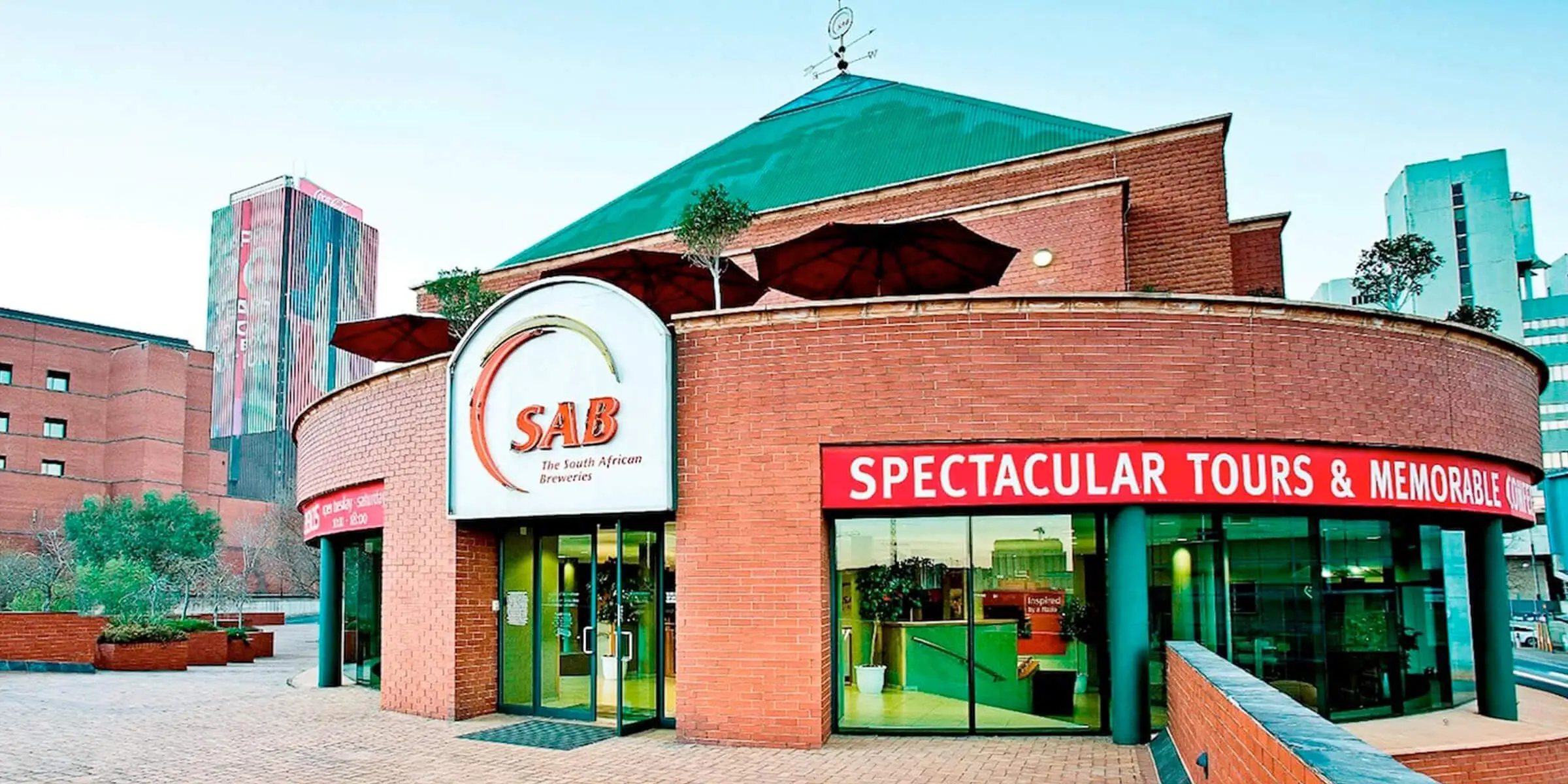Ahead of its participation at this year’s World Economic Forum, South African Breweries CEO Richard Rivett-Carnac talks about the group’s approach to business in the country and on the continent.
The South African Breweries, a part of the global AB InBev Group, has a number of popular brands in the country. How is the business currently performing?
SAB remains a key player in South Africa’s socio-economic landscape and is one of the priority markets in the group. It owns many valuable brands in the country, including the country’s most valuable brand – Carling Black Label.
We recognise that our influence goes beyond the products we supply and extends to our colleagues, consumers, customers, and the communities we serve. Our purpose is to ensure we play an active role alongside our partners in propelling South Africa forward.
The business remains resilient, and we continue to see momentum, with SAB gaining share of both beer and total alcohol sales in 2023. We have seen our core, premium and Beyond Beer portfolios all delivering volume growth.
In a study we commissioned in 2022 on the country’s beer sector, examining data over the period 2015 to 2019, found that one in every 66 jobs in the country was linked to economic activity that was linked to beer. This amounted to 249,000 jobs in total, representing 1.5% of all jobs. And this positive impact goes well beyond jobs.
Q. How is the company integrating local value chains?
We are proud to make a product that is natural, local and inclusive. As beer is brewed with natural ingredients, it is reliant on a thriving agricultural sector. We firmly believe in the power of local sourcing to stimulate growth and our manufacturing value chain is very much localised.
About 95% of our raw materials are locally sourced and the jobs and taxes that we are able to generate are all from South Africa. We will continue to source as much maize, barley, hops, glass, cans and crowns from South Africa to maintain our high local-sourcing ratio.
We work with thousands of smallholder farmers, and our beer value chain supports about 250, 000 livelihoods from farmers to truck drivers to retailers and social innovators. We equip them with best-in-class agricultural training and business development and provide access to markets, financial resources and credit.
Q. What challenges did you face as a result of the pandemic and other global events?
South Africa’s most immediate priority is to restore energy security and generation. Without water and electricity, we cannot manufacture beer, therefore the increased water outages due to infrastructure challenges and load shedding affect the water supply and production at our breweries.
We are encouraged by, and supportive of, the work the government is doing to address the challenges, but more work needs to be done and we will play our part to support this.
The economic climate has been tough. We’ve seen our consumers squeezed by high interest rates, high inflation rates, high fuel costs and high unemployment. The impact it’s had on the total alcohol industry is that there is an approximate decline in volumes of 6% in 2023.
Q. What are your expectations for Africa in 2024?
With a young and growing population, we continue to believe in the long-term growth prospects of the African continent. We are encouraged to see South Africa’s commitment to the success of the AfCFTA which is set to create the largest free trade area in the world.
In Africa, beer has a long and complex value chain that provides an excellent opportunity to build resilient supply chains that support the development of agriculture, reduce reliance on imports and support manufacturing on the continent.

